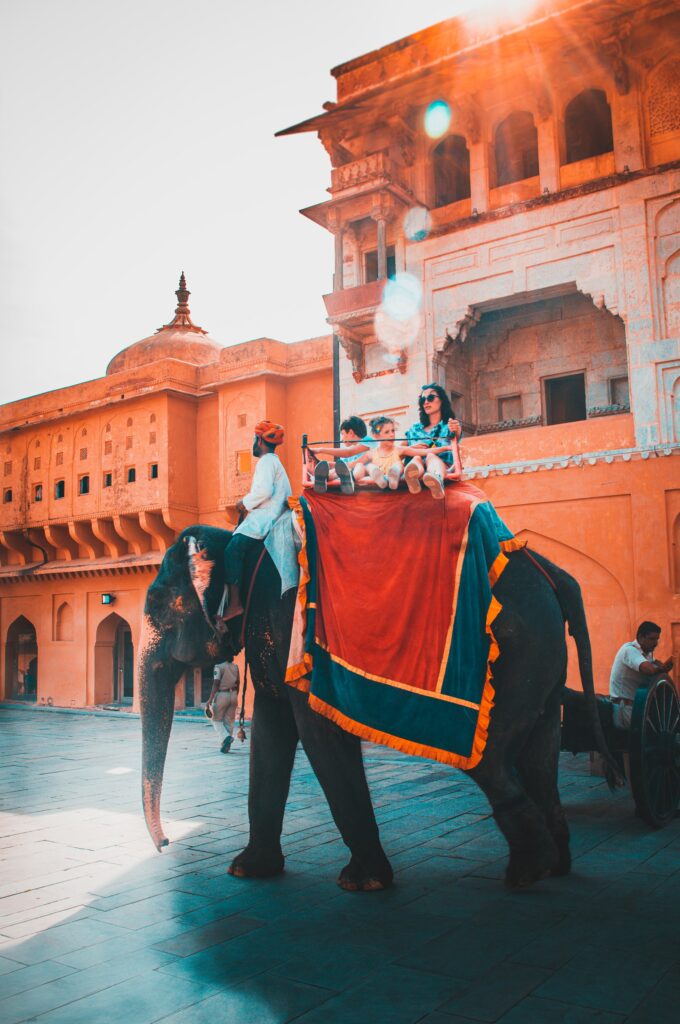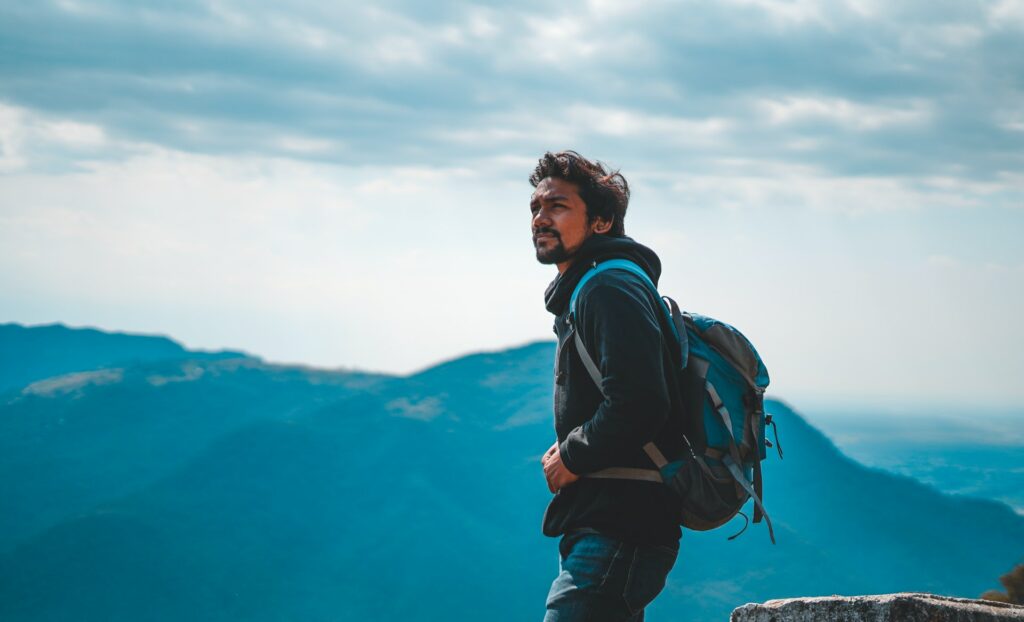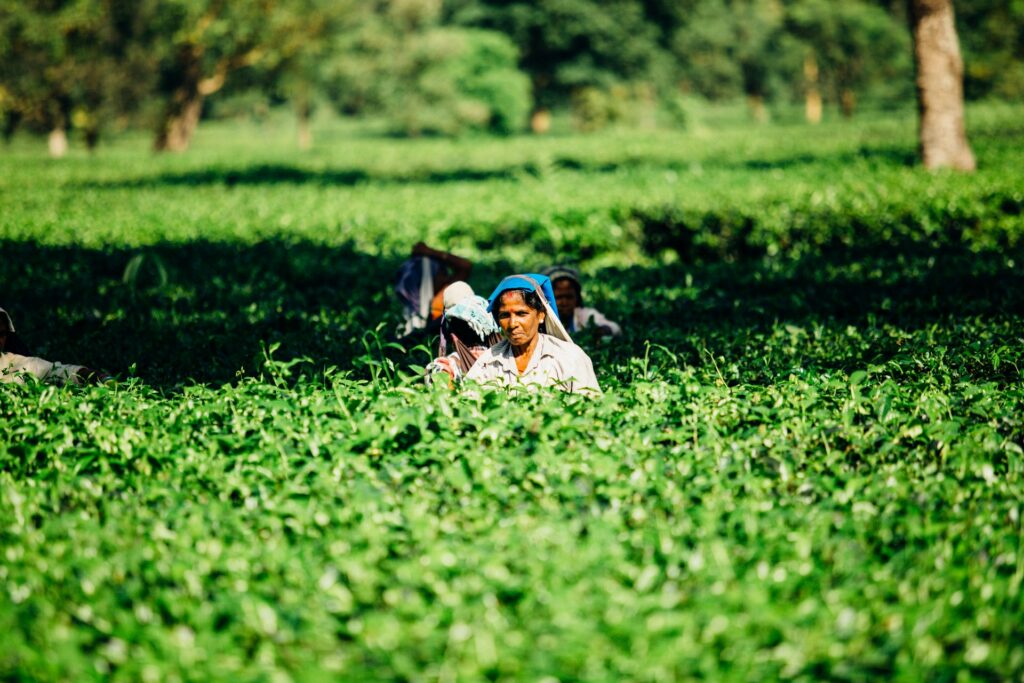The Future of Travel is Wildlife Friendly

By World Animal Protection
COVID-19 and the situation we’re in today is widely believed to have started at a wet market in Wuhan in China. But this is not just about wet markets. The current pandemic is a symptom of commercial wildlife exploitation and irresponsible tourism is one of the key drivers of this global problem.
At the same time, the effects of COVID-19 have left the global travel industry in disarray. The pandemic has come at great social and economic cost to the whole world, affecting millions of people and their livelihoods. It has also left animals, which we believe should never have been in captivity in the first place, vulnerable.
Tourism can be a force for good—but there has never been a more urgent need or pertinent moment for the industry to fundamentally address its relationship to wildlife.
Reducing demand for wildlife entertainment and supporting genuine wildlife-friendly experiences instead is critical—for animals, people and the industry’s own resilience given it has been so heavily impacted by a pandemic that has wildlife exploitation at its heart.
We are just one species on planet earth, and as Homo Sapiens we have made it to the top of the food chain. But doesn’t it really bestow us with more responsibility?
We owe it to every other animal, insect, every piece of flora and fauna that we need to respect them, because we need co-existence. And in co-existence, lies the future of this planet. World Animal Protection is all about education, it is also about making this knowledge of what we owe to the planet earth, something that goes right across. We need to ensure that animals are protected and are not forced to do anything they are not meant to do. They should not be caged, they should be allowed to roam free just as we do, just as we value our own freedom.
In India, the focus of World Animal Protection has been to ensure that elephants are not exploited for commercial benefits.
We believe an elephant is a wild animal and as such it belongs to the wild. We cannot exploit them for any commercial benefits or in the name of culture or tradition. No culture or tradition should support the exploitation of animals.

Elephant is considered as the heritage animal of India. But it’s an irony to see that the heritage animal of our country is treated poorly in the heritage city of Jaipur. It is extremely painful to see how these elephants suffer at the cost of providing just a joy ride to the tourists at the Amer Fort.
An elephant ride to Amer Fort might be a once in a lifetime experience for a tourist, but tourists taking theses rides are contributing to a lifetime of cruelty to elephants.
This entire business model of elephant rides and wildlife entertainment is not sustainable, and the ongoing COVID-19 pandemic is a grim reminder that wild animals need to remain in the wild. If we continue to exploit wild animals for commercial benefits, entertainment, rides etc., we continue to remain under risk of future pandemics and other zoonotic diseases.
This ongoing commercial use of wildlife needs to end now. The elephant rides at Amer fort need to be phased out.
To make this a reality on ground, we are working with government of Rajasthan and other stakeholders to phase out elephants rides at Amer Fort in Jaipur. We are also calling upon the government authorities to develop an alternative facility for these elephants to live rest of their life in a more natural environment, where they have the freedom to express their natural behaviour.
Our approach is to ensure that elephants have a life worth living and their welfare issues are addressed. The government can develop and promote wildlife friendly tourist attractions without any direct interaction with elephants and tourist can see elephants in their natural habitat. The Mahouts who are dependent on these elephants for their livelihood can be employed in such facilities to take care of elephants. And travel companies can promote and offer these facilities to their customers as wildlife friendly tourist attractions.
We believe together we can move the world to protect wildlife and together we can ensure wild animals remain in the wild, where they belong.
We need the support of the tourism industry. We are calling on the travel companies to revise their wildlife policies and stop offering exploitative experiences to their customers once and for all.
It can help rebuild the tourism industry to be more responsible, meet customers’ needs and help end captive wildlife entertainment. It will be vital for travel and tourism to have a net positive contribution to conservation, the environment as well as wildlife.
“We are proud to be a signatory to World Animal Protection pledge. And this means more than just signing a piece of paper. It means a commitment to telling everybody around us that we care. We care not only about the animals. We care about this planet. We care about future and we care about future generation. One planet and of the entire planet, we are just one species. We are at the top of the food chain, so we have a great responsibility,” said Col. Ravi Ramaswamy, CEO, IndeBo Travels Private Limited.

It is in every tourism operator’s interest to ensure that the habitat thrives so that the economy thrives. As a member of the industry, travel companies can help prevent another pandemic, secure their livelihoods, and help keep wild animals in the wild by becoming a wildlife-friendly travel company. This involves phasing out wildlife entertainment from the supply chain and offering responsible tourist experiences instead.
Elephant rides, tiger selfies, walks with lions, monkey shows, swimming with dolphins—each “once-in-a-lifetime” opportunity for a tourist means a lifetime of suffering for animals.
We are calling on all travel companies to vow to be wildlife-friendly by removing sales of entertainment venues and focusing on responsible wildlife-friendly alternatives instead.






Responses